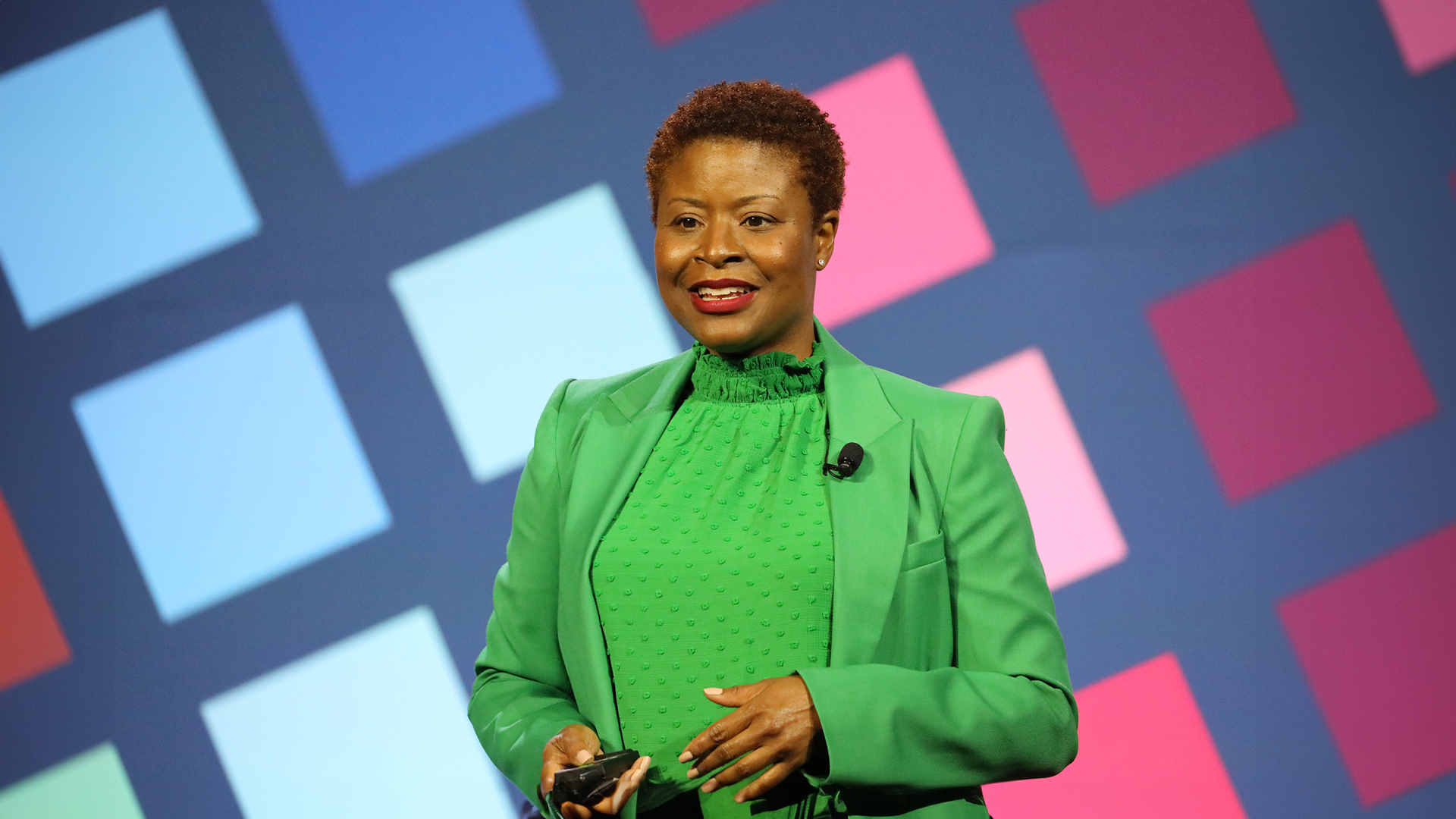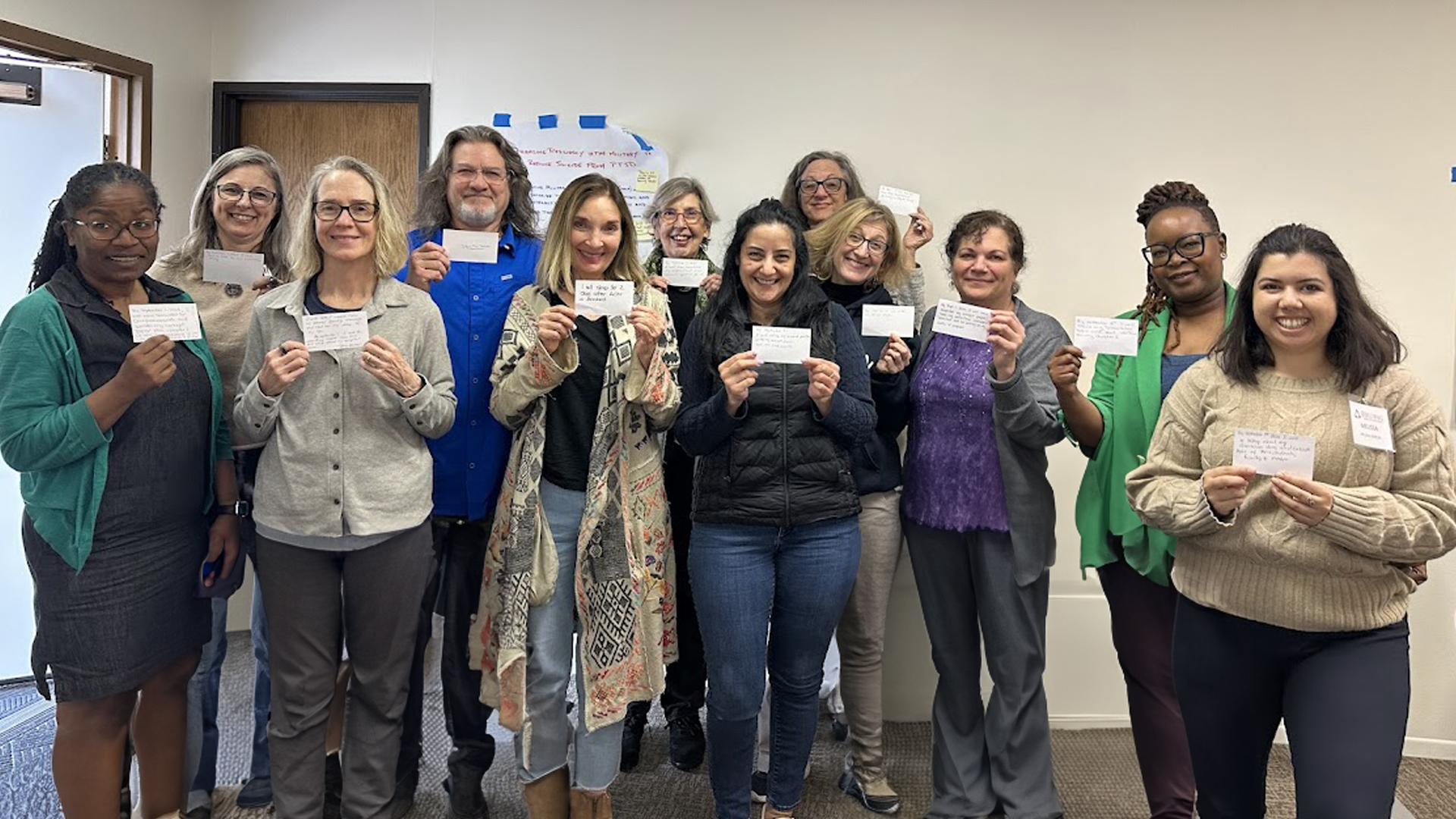by Elena I. Nicklasson
When the President’s Sustainability Advisory Council announced 2023 as Fielding’s Global Ecological and Social Justice Service Year, it ignited a spark within me to contribute. The urgency of environmental issues, especially in the face of a changing climate that will affect my eight-year-old’s future, couldn’t be ignored. I wanted to make a contribution that counted, and the perfect opportunity unexpectedly presented itself through my son’s school and its annual science fair.
The alarming statistic that half of the world’s topsoil has vanished over the last 150 years, losing a shocking 3.4 tons annually for every individual on Earth, served as a wake-up call. The enormity of this loss is daunting, but there is a glimmer of hope in finding a way to play a small part in its reversal.
One way to help revert topsoil loss is to take individual action by planting a small garden whether in an urban setting or the countryside. And a simple way to get started is with one potted plant. The key is to have a plant that is native and integrates well with the local ecosystem.
For my own hands-on project, I chose to promote the growth of sunflowers. Armed with soil and biodegradable pots from a nearby garden shop and seeds from a vendor supporting veterans, I set out to make a modest yet meaningful impact.
The idea of planting sunflowers wasn’t entirely mine; I learned about it at the Santa Barbara Earth Day Festival from a booth hosted by the Nuclear Age Peace Foundation. Sunflowers are a symbol of peace and hope. The plant is native to the Americas, tracks the sun, and is a fantastic food source.
I teamed up with my friend Christina Schowe to set up an informative booth at the school fair. Equipped with all the necessary supplies, we guided students and parents in planting their own sunflowers. The result? Over 100 sunflowers took root that day, each representing a step toward a more sustainable future.
In the grand scheme of things, our effort might seem like a drop in the bucket, but it underscores a crucial truth: change begins with small actions that gather momentum through education, determination, and community involvement. As I look back on our unassuming yet impactful journey, it’s clear that the road to a greener tomorrow is a shared one, where every endeavor contributes to a larger, blooming transformation.
How to Get Involved During the Social and Ecological Justice Service Year
Whenever you volunteer in your community this year, send us a paragraph at media@fielding.edu about your experience. Please include photos. Stories will be posted on our website, social media, and other communications channels.
Examples of Service
- Activities such as cleanup days, neighborhood bird counts (such as Project Feeder Watch), invasive plant removal, and creating a natural lawn.
- Volunteering for any nonprofit organization. Examples could include homeless shelters, animal shelters, food banks, literacy volunteers, organizations that focus on specific illnesses, local environmental groups, and so on.
This story is part of Fielding’s Global Ecological and Social Justice Service Year in 2023, as designated by the President’s Sustainability Advisory Council. Learn more here.
Join Over 7,500 Fielding Alumni Located Around The World!
Change the world. Start with yours.™






Get Social